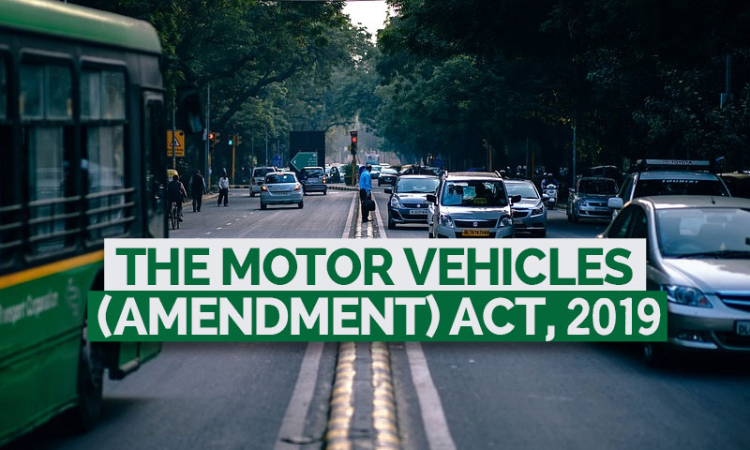PIL in Bombay High Court Challenges Motor Vehicles (Amendment) Act, 2019
Sanjana Dadmi
24 Oct 2024 11:30 AM IST

Next Story
24 Oct 2024 11:30 AM IST
A Public Interest Litigation (PIL) has been filed in the Bombay High Court challenging the Motor Vehicles (Amendment) Act, 2019.The petitioner is an association of lawyers practicing at the Motor Accident Claim Tribunal (MACT) in Mumbai. The petitioner contends that the amended Act has brought several changes detrimental to the interests of victims of road accidents and their families. On...
